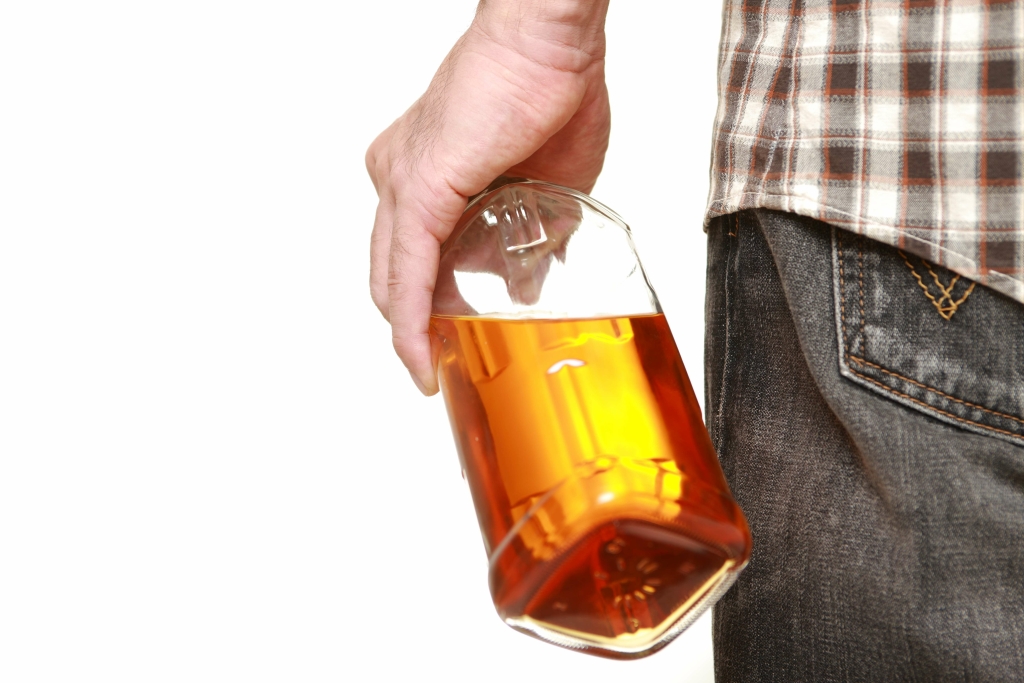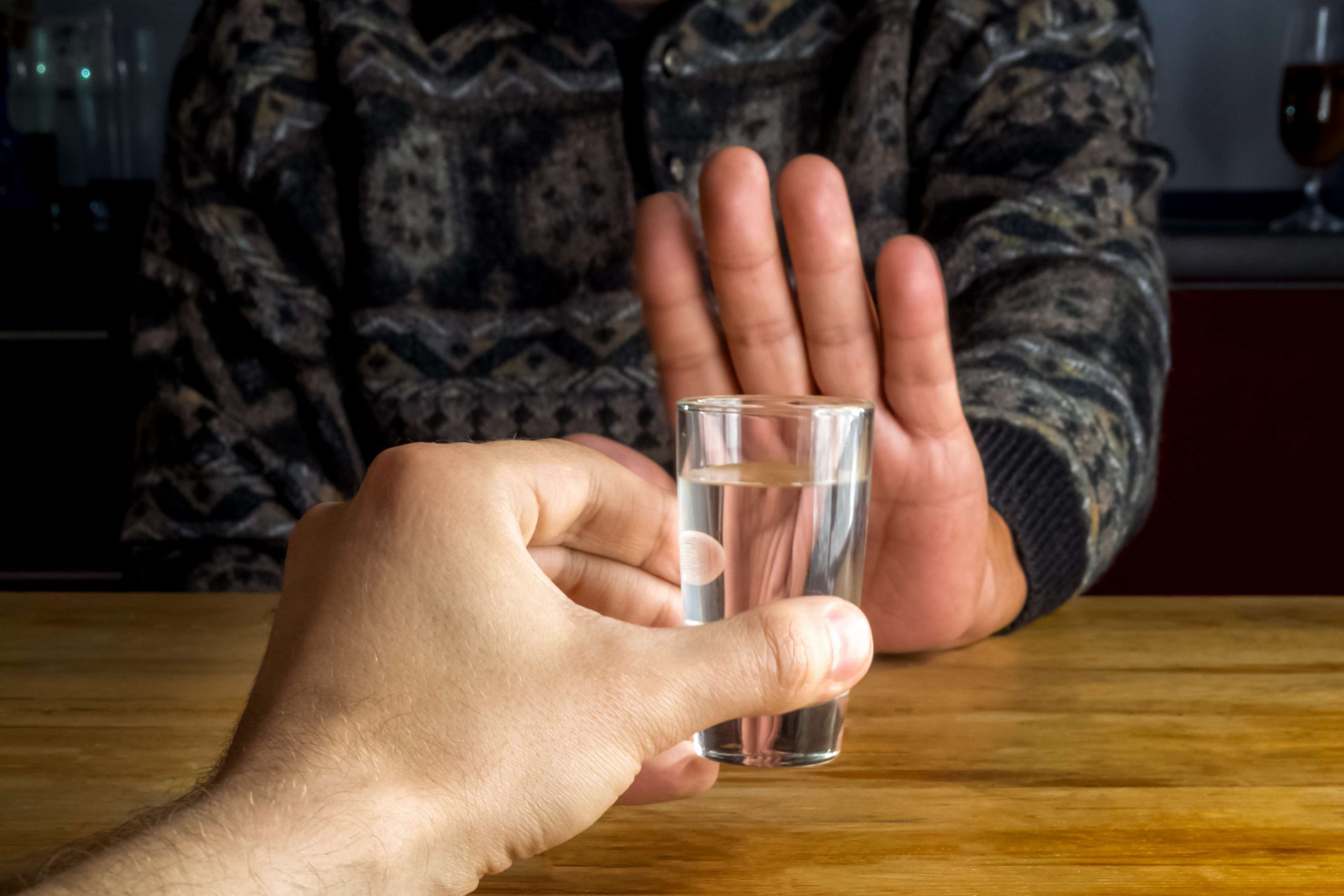Direct tapering is not recommended for liquor drinkers as it is challenging to measure amounts and can result in binge drinking. Additionally, mixed drinks may contain sugar or other additives that could exacerbate withdrawal symptoms and should be avoided during the taper. Prolonged and excessive alcohol consumption can impact your brain, causing changes to the neurotransmitter gamma-aminobutyric acid (GABA) receptors. Heavy drinking can lead to a reduction in the sensitivity of your brain to the amount of GABA produced. If you abruptly stop consuming alcohol, your brain may not have enough sensitivity to GABA, which can result in hyper-excitability and withdrawal symptoms. Slowly decreasing the amount you drink over time can spare your body from withdrawal symptoms.
- If you have an alcohol dependency, then you’ve likely been using alcohol for some time.
- In contrast, robust evidence supports quitting alcohol while under medical supervision.
- Build a network of people you can go to when you need help, join a support group or see a therapist.
- Deciding to quit drinking and following through isn’t just about willpower.
- Inpatient treatment may be an expensive option in terms of time and money.
Drug and Alcohol Addiction
Alcohol withdrawal can be a challenging and potentially dangerous process, requiring careful management and support. It often raises many questions, especially regarding effective strategies for managing symptoms and ensuring safety. Many people with addictions convince themselves that they are alone and are the only ones going through their experiences.
Alcohol-Free Days
Maybe you don’t think you depend on alcohol exactly, but you still wonder whether you might be drinking too much. Many insurance companies will help pay for some or all of your treatment costs. BetterHelp https://www.intermoda.ru/doc/veta/dvoynoy-prazdnik-ekaterina-odincova-otmetila-yubiley-i-den-rozhdeniya-svoego-agentstva-pr-trend-v-restorane-la-prima.html offers affordable mental health care via phone, video, or live-chat. In this story, each blind man touches a different part of the elephant and draws his conclusion about what the elephant is like.
Sample Alcohol Tapering Schedules

Weaning off alcohol is considerably safer and more effective than going cold turkey. If you are looking for how to taper off alcohol, you can follow these steps. Moreover, substituting one kind of beverage for another does not help you taper off https://cenzure.net/pagescat/8/216/25/ alcohol if you consume the same number of standard drinks as you usually have. For example, one 12-ounce can of beer contains roughly the same amount of alcohol as a 5-ounce glass of wine or a mixed drink containing 1.5 ounces of alcohol.

Decreased Risk of Alcohol-Related Death
When that numbing sensation disappears entirely, the brain is left dangerously overstimulated. Insomnia, anxiety and paranoia — the opposite effects of alcohol — are the expected results. Thus, a user will likely seek out alcohol again to rid themselves of the uncomfortable withdrawal symptoms. Alcohol withdrawal symptoms range in severity depending on how extensive the misuse behavior was. The alcohol withdrawal symptom delirium tremens (DT) is estimated to kill up to 5% of those attempting to quit suddenly after chronic usage.
Alcohol support services
For this reason, it’s generally best to avoid quitting abruptly, or at bare minimum speak with a doctor first and have someone looking out for you. Some people avoid medically supervised rehab because they prefer natural remedies for alcohol withdrawal. Slowly tapering off alcohol is the safest way to naturally overcome alcohol withdrawal, and many at-home remedies can help you cope with mild withdrawal symptoms. However, medical treatment is necessary to treat major symptoms of withdrawal. When they suddenly quit drinking, the brain continues its hyperactivity, but alcohol no longer suppresses the effects. This can cause seizures and delirium tremens, a severe form of withdrawal marked by tremors and hallucinations.
- Dr. Streem says that if your goal is to stop drinking altogether, you’re more likely to have success quitting all at once, rather than weaning off alcohol.
- You may want to talk with a loved one or therapist about why it happened and what you can do differently next time.
- To create an effective taper, you must know how much you drink daily on average.
- Prolonged and excessive alcohol consumption can impact your brain, causing changes to the neurotransmitter gamma-aminobutyric acid (GABA) receptors.
- Generally, alcohol-free days are better towards the end of a gradual reduction, not towards the beginning.
Instantly check if your insurance covers treatment at The Recovery Village. Once completed, you will receive an email with your benefit details. But, perhaps most importantly, understand that setbacks happen and that progress takes time or may look different than imagined. Weaning off alcohol is a hard process, but it is something that you should be immensely proud of. That’s why it’s important to remember that relapse is not failure.

Some people may relapse, or drink alcohol again, to relieve the symptoms. If you’re used to drinking less than 20 beers per day, HAMS recommends reducing your alcohol consumption by two beers per day until you achieve sobriety. But if you’re living with alcohol use disorder, drinking is more than a habit. People with alcohol use disorder can’t stop drinking even when it causes problems, like emotional distress or physical harm to themselves or others. You may not need to completely reinvent your life to quit drinking, but making a few changes in your surroundings to help avoid alcohol triggers can make a big difference. Alcohol withdrawal is potentially fatal, especially for people with an alcohol addiction.
- It is of the utmost importance that anyone considering tapering off alcohol first consult with a medical professional to determine their treatment needs.
- Your close friends and family can also check in with you regularly, lend a listening ear when you have cravings, and join you in sober activities more often.
- Some find tapering is not a suitable option to stop drinking due to various factors such as social responsibilities or peer pressure.
- Before you decide to go through alcohol withdrawal, write yourself a letter and keep it nearby for quick reference.
From preparing your mind and environment for this significant change to finding the right support systems, we aim to equip you with the tools needed for successful and lasting sobriety. Relapse is a very normal part of the recovery process, and a majority of those in recovery will relapse at some point. It will take time and effort to grow these newfound friendships—but https://claw.ru/a-rings/LordoftheRings/Index2.htm it will be worth it. All your goals should follow SMART rules; they should be specific, measurable, achievable, realistic, and time bound. You should develop this plan while you are in treatment, so you can use it to protect and maintain your sobriety once your stint in treatment ends. Start by estimating how much you drink on a daily basis—and be honest with yourself.